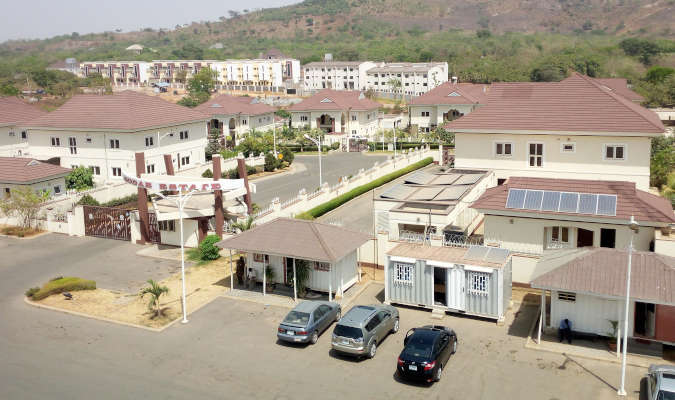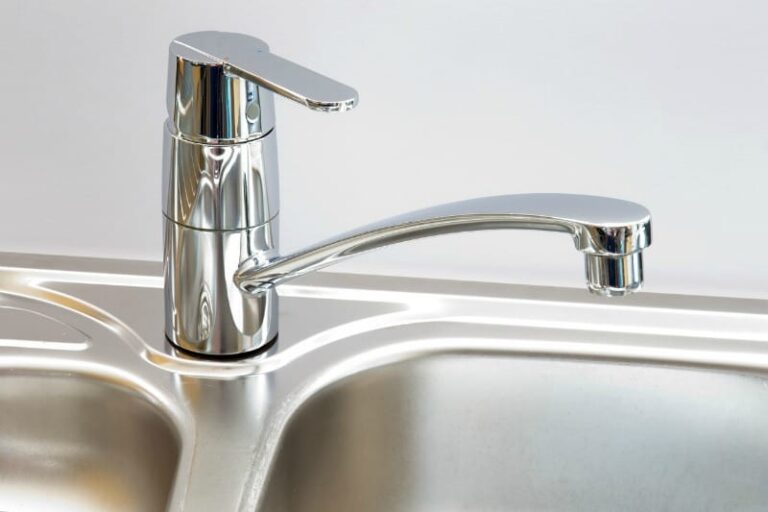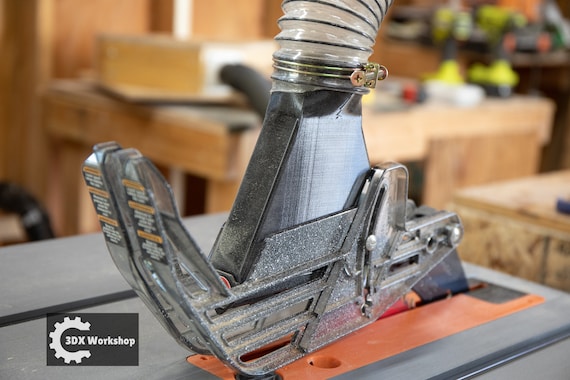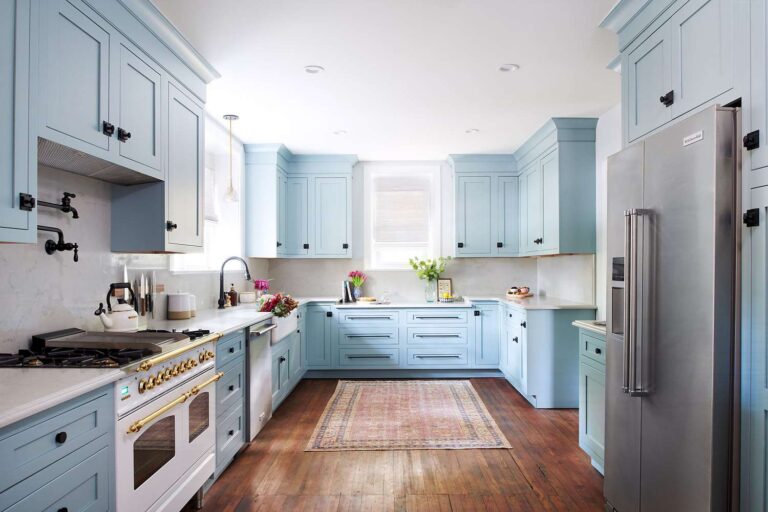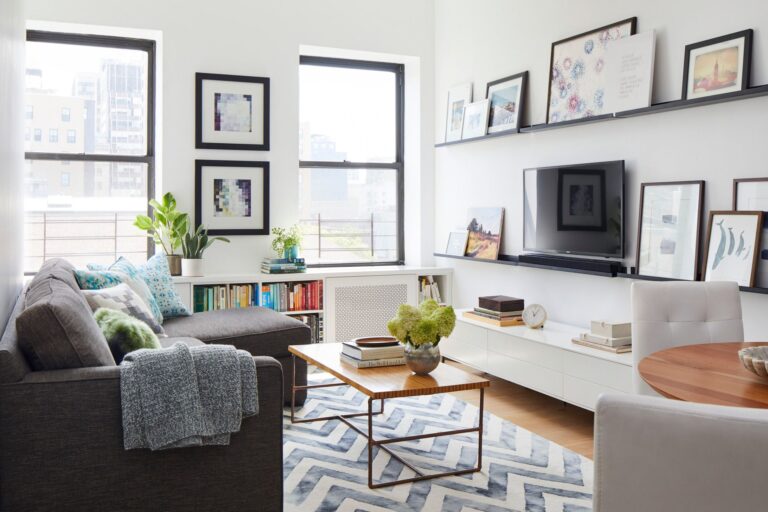Type Of Houses In Nigeria
Nigeria is a country of great architectural variety, and this is reflected in the types of houses that can be found here. From traditional mud brick buildings in the north to modern concrete structures in the cities, Nigeria is home to a range of different housing types. In rural areas, mud huts are still the most common type of house, while in urban areas, concrete block houses and semi-detached buildings are more common. In the south of the country, colonial-style houses are also found. Whatever type of house you are looking for, Nigeria has something for everyone.
Overview of Nigeria’s Housing Market
Nigeria’s housing market is a complex but rewarding place to invest. With a population of over 200 million, Nigeria is one of the most populous countries in the world and is home to a wide variety of housing types. From luxurious homes in high-end neighborhoods to basic dwellings in rural areas, Nigeria has something to offer everyone. In this article, we’ll explore the different types of houses in Nigeria and provide insight into the country’s housing market.
Nigeria’s housing market is largely divided into two types of housing: high-end and low-end. High-end housing usually consists of luxurious homes in exclusive neighborhoods, such as Victoria Island and Ikoyi. These homes are typically large and expensive, with a range of amenities such as swimming pools, gated entrances, and private gardens. Low-end housing consists of basic dwellings in rural areas and slums. These homes are often small and lack basic amenities such as running water and electricity.
In addition to these two main types of housing, Nigeria also has several other housing options. There are several government-developed housing complexes, as well as a range of private housing developments. These housing options are typically more affordable than high-end housing and offer a range of amenities. Furthermore, several social housing initiatives aim to provide affordable housing to low-income families.
Types of Houses in Nigeria
Nigeria is a country with a diverse range of housing types, from the traditional mud houses of the north to the modern high-rise towers of the south. In between these extremes, there is a wide variety of housing types, each suited to the needs and resources of its inhabitants. In this article, we will explore some of the different types of houses in Nigeria and how they may be adapted to suit modern lifestyles.
Traditional mud houses are found in various parts of the country, in both rural and urban areas. These dwellings are usually constructed from a combination of mud and straw and can be highly durable and resistant to the elements. The mud used for construction is often mixed with cow dung, which acts as a natural preservative and protects the structure from the elements. These houses are typically small with few windows and little to no insulation, but they can be adapted to include modern amenities such as running water and electricity.
In some parts of Nigeria, houses made from bricks and cement are becoming increasingly popular. These brick houses, while more expensive than mud houses, offer greater stability and insulation. They also often feature modern amenities such as running water and electricity and may be found in both urban and rural areas. These houses can also be adapted to suit modern lifestyles, with features such as awnings and air conditioning.
Modern high-rise towers are becoming increasingly common in Nigeria, particularly in the country’s larger cities. These towers are constructed from reinforced concrete and feature modern amenities such as running water, electricity, and access to public transportation. They offer a high degree of privacy and security and often feature a variety of amenities including swimming pools, tennis courts, and other recreational facilities.
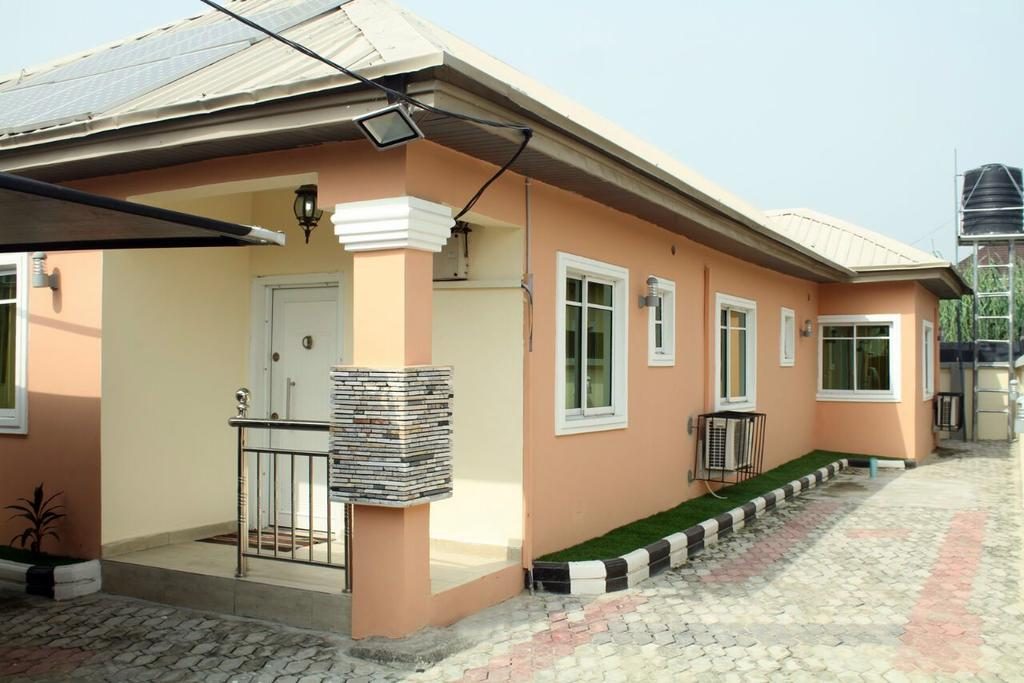
Credit: www.naijahouses.com
Cost of Buying or Renting a House in Nigeria
In Nigeria, the cost of buying or renting a house varies depending on the kind of house you are looking for. Generally, the cost of buying a house in Nigeria is much higher than the cost of renting. This is because the cost of purchasing a house includes registration fees, legal fees, and other related costs. On the other hand, renting offers more flexibility and it can be done at a lower cost.
When buying a house in Nigeria, the cost of purchase usually depends on the type of house you are looking for. For instance, a duplex, bungalow, or a flat in a highbrow estate will be more expensive than a single-room apartment in a lower-cost area. Similarly, the cost of renting depends on the type of house you are looking for.
It is important to factor in other costs such as the cost of furnishing the house and monthly utility bills when calculating the cost of buying or renting a house in Nigeria. Additionally, if you are buying a house, you may also have to pay a monthly mortgage to the bank.
Overall, the cost of buying or renting a house in Nigeria is determined by the type of house you are looking for. It is important to consider all of the additional costs when deciding whether to buy or rent a house in Nigeria.
Factors that Impact House Prices in Nigeria
When it comes to house prices in Nigeria, many factors can affect the price of a property. From the location to the size of the house to the type of house, these all play a role in the cost of a home. Location is one of the most important factors, as the closer a house is to the city center, the more expensive it will be. The size of a house can also make a difference, as larger homes are typically more expensive. Additionally, the type of house can have a major impact on the cost. For example, a detached house will generally cost more than a duplex. Other factors, such as the availability of amenities, can also impact the asking price.
When looking for a home in Nigeria, it is important to consider all of these factors to ensure that you get the best value for your money. Armed with the right knowledge and information, you can be sure to find a house that suits your needs and budget.
Issues with Nigeria’s Housing Market
Nigeria’s housing market is one of the most challenging in the world, with a large amount of housing stock in need of repair and limited access to affordable housing. Over the years, the Nigerian government has taken steps to address the country’s housing crisis, but there is still much work to be done. This article will discuss the current state of the Nigerian housing market, the types of houses available, and the issues that need to be addressed to improve the situation.
Nigeria has a wide range of housing types, from traditional mud houses and huts to modern apartment buildings and townhouses. However, a large portion of the population lives in substandard housing conditions, with many living in overcrowded, dilapidated structures. This has led to an increase in housing prices, as people struggle to find affordable housing. Additionally, the lack of access to basic amenities such as electricity and running water has hindered the development of the nation’s housing market.
In addition to the lack of affordable housing, other issues need to be addressed to improve the housing market in Nigeria. These include a lack of access to credit, insufficient regulation of land and property rights, and a lack of transparency in the real estate market. Furthermore, the government has not done enough to promote the development of public housing and has failed to ensure that the construction of new homes is of high quality.
To improve the state of the Nigerian housing market, the government needs to take steps to reduce the cost of housing, simplify the process of obtaining credit, and ensure that all citizens have access to secure and affordable housing. In addition, the government should focus on promoting the development of public housing and ensuring that all new constructions meet safety and quality standards.
Government Policies Affecting the Housing Market
The housing market in Nigeria is a complex and ever-evolving system with multiple factors that influence its stability. The government plays a major role in the housing market and their policies can have a significant impact on the cost of houses and the availability of housing. Government policies related to taxation, interest rates, and construction regulations can significantly affect the housing market in Nigeria.
Taxation is an important factor when it comes to the cost of housing in Nigeria. The government sets certain taxes and fees that must be paid when buying a home, and these taxes can significantly increase the cost of housing. Interest rates are also an important factor that affects the housing market. When interest rates are lowered, more people can afford mortgages and this can lead to an increase in the demand for housing.
Construction regulations can also influence the housing market in Nigeria. The government sets regulations regarding the type of construction materials that can be used and the minimum safety standards that must be met. These regulations can increase the cost of housing and may make it difficult for some people to afford a home.
The government policies related to the housing market in Nigeria can have a major impact on the cost and availability of housing. People need to be aware of the various policies that are in place to ensure that they can make informed decisions when buying or selling a home.
Benefits of Investing in the Nigerian Housing Market
The Nigerian housing market is an attractive investment opportunity for investors looking to diversify their portfolios with real estate investments. With its rapidly growing population, Nigeria offers a diverse array of housing types for investors to choose from, ranging from luxurious villas to more affordable apartments and townhouses. Investing in the Nigerian housing market can provide investors with long-term financial rewards, and the potential for capital appreciation over time.
For investors looking to maximize returns, investing in the Nigerian housing market can provide a variety of benefits. First, there is the potential for rental income from tenants. Rental income can be generated from both short-term and long-term leases and can provide investors with a steady stream of cash flow. Additionally, investors may be able to take advantage of tax incentives when investing in the Nigerian housing market, including deductions for mortgage interest and property taxes.
Furthermore, investing in the Nigerian housing market also provides investors with the opportunity to benefit from capital appreciation. The Nigerian housing market has experienced significant growth in recent years and is expected to continue to grow in the coming years. As the demand for housing in Nigeria increases, so too does the value of the properties in the market. This can provide investors with the potential for significant capital gains over time.
In conclusion, investing in the Nigerian housing market can provide investors with a variety of benefits, including rental income, tax advantages, and the potential for capital appreciation.
Future Outlook for Nigeria’s Housing Market
Nigeria’s housing market has been increasing in popularity in recent years, particularly with the country’s rapidly rising population and continued economic growth. In the future, demand for housing is projected to continue to increase as more people move to cities and the country’s overall population increases. As a result, housing prices are expected to remain on an upward trajectory. Furthermore, the government is making significant investments in infrastructure, which is likely to create additional opportunities for housing development.
Shortly, the Nigerian government is expected to continue its focus on increasing the availability of affordable housing. This could include increasing access to finance and credit to enable more people to purchase homes. Additionally, the government is likely to focus on improving the quality of existing housing stock, as well as providing incentives to encourage new construction.
As Nigeria’s economy continues to grow, the housing market is projected to experience further growth. This will likely come in the form of increased demand for luxury housing, as well as more affordable housing options for middle and lower-income households. The demand for quality housing is expected to increase in the coming years, as more people can afford to purchase homes.
FAQs About The Type Of Houses In Nigeria
1. What are the most popular types of houses in Nigeria?
Answer: The most popular types of houses in Nigeria include traditional mud houses, bungalows, duplexes, terrace houses, and semi-detached homes.
2. How much does it cost to build a house in Nigeria?
Answer: The cost of building a house in Nigeria depends on the type of house you want to build. Generally, it can cost anywhere from ₦1 million to ₦10 million or more, depending on the size and materials used.
3. What types of building materials are used to construct houses in Nigeria?
Answer: The most common building materials used to construct houses in Nigeria include bricks, cement blocks, sand, timber, iron rods, and roofing sheets.
Conclusion
The type of houses in Nigeria vary widely depending on the region, climate, and affordability of the people who live there. The most common types of houses in Nigeria are mud houses, clay houses, and concrete houses. The type of house a person lives in can be an indication of their social and economic status. While housing conditions in Nigeria have been improving over the past decade, there is still much work to be done to ensure that all Nigerians have access to adequate and safe housing.
